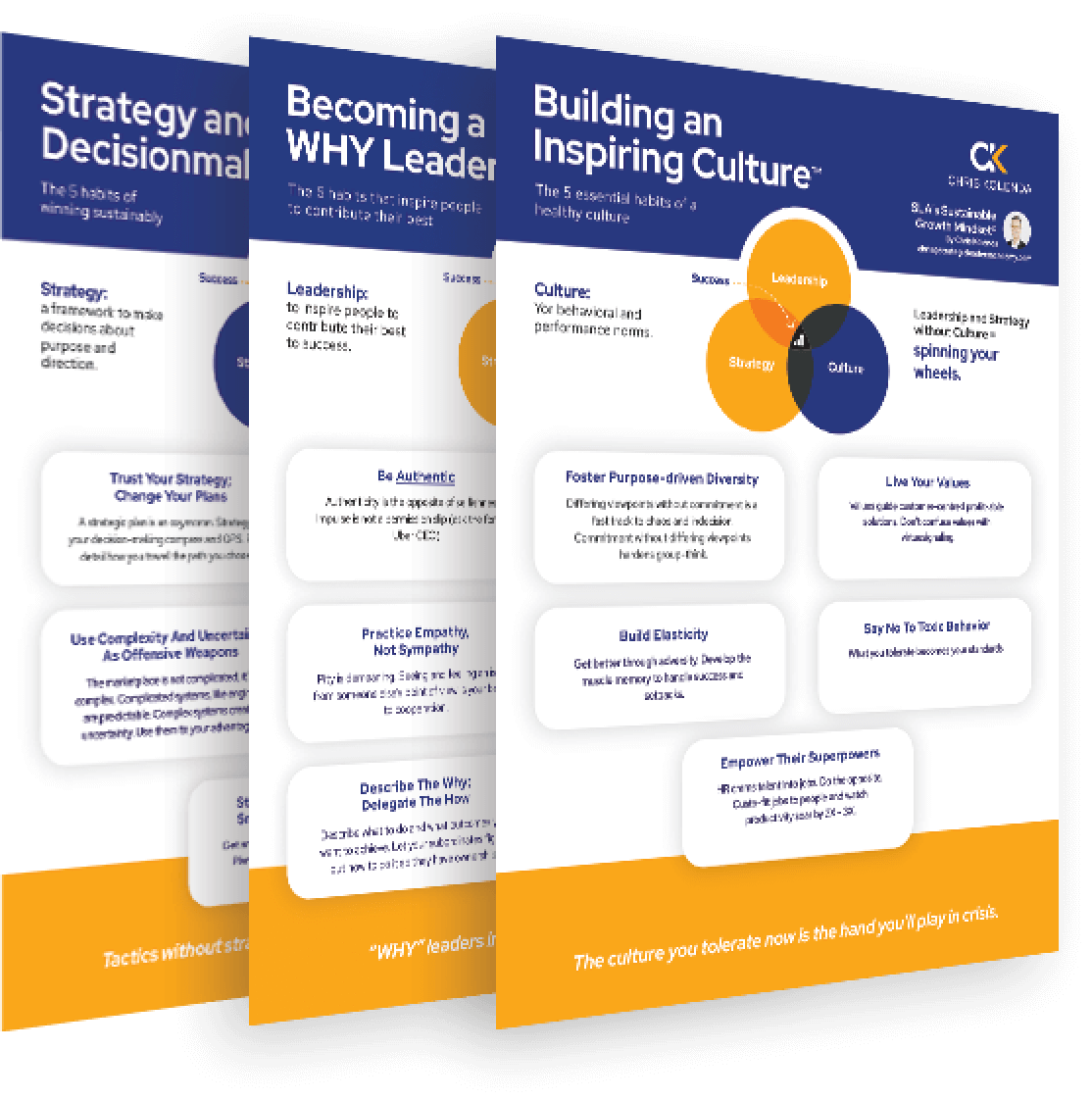Avoid gas lines and take the stress out of busy
A cyberattack on an east coast pipeline put a major crunch on gasoline availability. Thousands of Americans lined up at pump stations wanting to get every drop of fuel possible. Some even put gas in plastic bags.
The hoarding reminded me of the toilet paper pirates at the start of the pandemic.
The gas shortage is only for three days, and yet panic-buying sent prices soaring and people waiting on a pump for hours. Some probably burned more gas in sitting the queue than they originally needed to fill the tank.
What perspective can you gain from this head-shaking episode?
1. Busy people get more done but also make more mistakes.
You opt for the easy button to move forward. Instinctive decision-making works a lot of the time, but it’s also the impulse that leads to toilet paper hoarding and burning time waiting on the pump when you could be doing something more productive.
Normally, a quick discussion with a trusted advisor gives you the perspective you need to make a better decision and move forward with confidence.
2. Overwhelm means that you’ve got more to do than you can process.
The feeling can be paralytic or lead people to tick off inconsequential tasks while neglecting the vital ones. In this situation, take 1 minute to write down your top 3 priorities and an action step to move each one forward. Then, get going.
A 5-minute call with someone you trust helps you get these priorities and actions right, which will save you hours of rework and anxiety.
3. Opportunities abound when you keep your head while everyone else is losing theirs.
When you’re too close to the action, you cannot see the whole stage. Gaining perspective is the art of identifying the important details and seeing the bigger picture so that you can seize opportunities others miss.
Who helps you gain perspective?
P.S. VALUE-ADDING Leadership(TM) is a master program for leaders and entrepreneurs who want to inspire people to contribute their best and drive the business to new heights. The next program begins the week of May 24. More here.
“The clarity, buy-in, and accountability we’ve gained from this program,” said Ray Omar, Capital Brands CEO, “has put us on track to reduce costs by over $1m and increase revenues by over $2m.”











